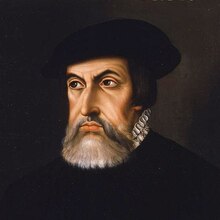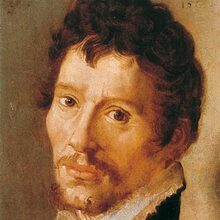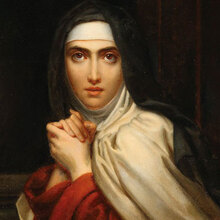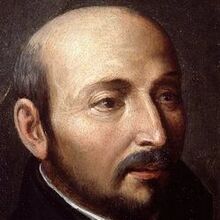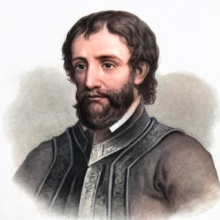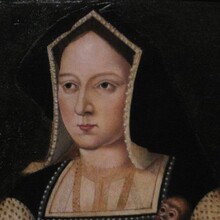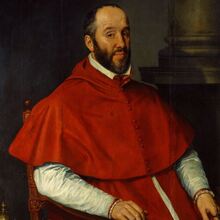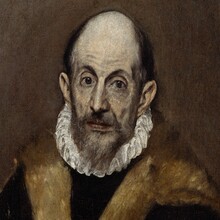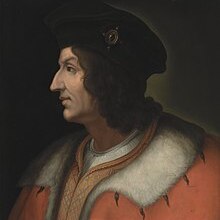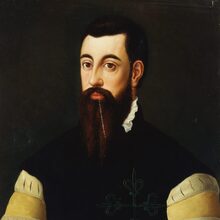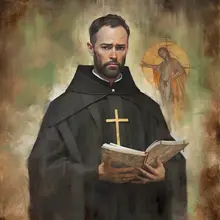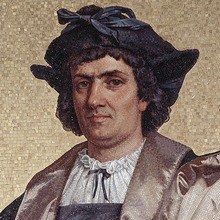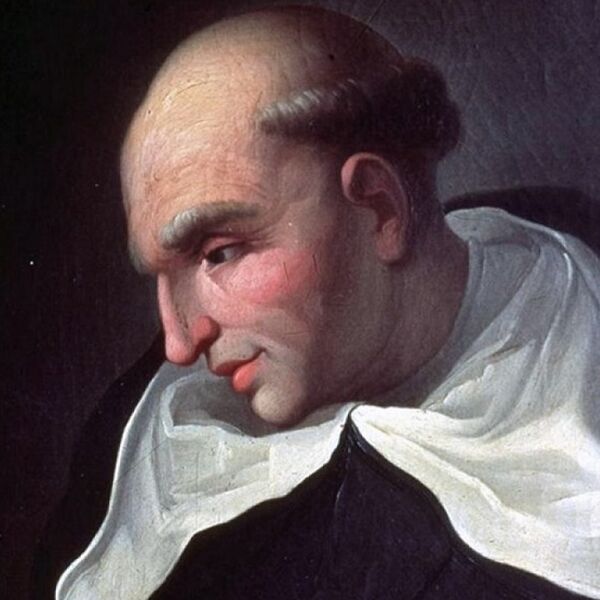
Personal
Other names:
Job / Known for:
Dominican friar defender of indigenous people
Left traces:
His writings and advocacy for human rights
Born
Date:
1484-11-11
Location:
ES
Seville
Died
Date:
1566-07-18 (aged 82)
Resting place:
ES
Basílica of Nuestra Señora de Atocha, Madrid
Death Cause:
Old age
Family
Spouse:
Children:
Parent(s):
Pedro de las Casas and Isabel de Sosa
QR Code:
 My QR code:
Bartolome de Las Casas
https://DearGone.com/11171
My QR code:
Bartolome de Las Casas
https://DearGone.com/11171
Key Ownner:
Not yet supported by key owner
Show More
Rank
Users ranking to :
Thanks, you rate star
Ranking
5.0
1
Fullname
Bartolome de Las Casas
Fullname NoEnglish
Bartolomé de las Casas
Slogan
I write in order to help ensure,for whose sins Christ gave His life, to knowledge of God
About me / Bio:
Show More
Article for Bartolome de Las Casas
Died profile like Bartolome de Las Casas
Comments:
